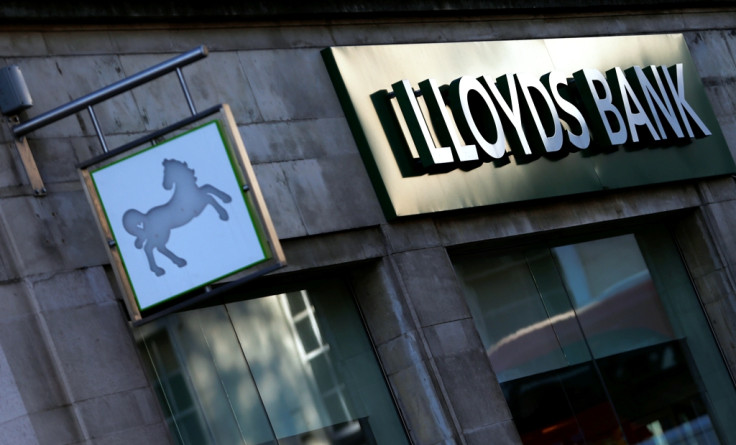Lloyds shares continue to fall as Osborne plans stake sale within a year

Chancellor George Osborne said he is looking to offload the government's entire stake in Lloyds bank within a year. Nevertheless, the plan is expected to be difficult for the government, as the price of Lloyd shares continue to fall to levels below the break-even.
Speaking at a conference in Helsinki on 24 August, Osborne, who faced severe criticism with his handling of stakes in bailed out banks RBS and Lloyds, said the government has been "moving quickly to come out of Lloyds bank and I hope that process will be complete within the year." The announcement comes after the Treasury temporarily halted selling Lloyds stake due to sharp falls in the bank's share prices.
On 24 August, the government sold another 1% stake in the bank, reducing its total holding to 12.97%. The latest share sale raised £550m (€752m, $864m) for the taxpayer, taking the total amount from the share sale to £14.5bn. The government acquired a 41% stake in Lloyd's business in 2008 shelling out some £20bn.
The government steadily reduced its holdings in the bank, following the improvement in its share price in line with the country's economic recovery. However, recent falls in the bank's share prices in line with the sell-off in global markets have made it difficult for the government, which wants the price to be above 73.6 pence to conduct sales.
On 25 August, Lloyds shares are trading down 3.15% at 73.46 pence as at 6.24am GMT. The shares closed down at 73.46 pence on 24 August.
Osborne was earlier criticised for beginning the sale of the government's 78% stake in RBS at a loss to the taxpayer. Nevertheless, the Chancellor defended the move, saying the banks should be returned to the private sector for the good of the economy.
© Copyright IBTimes 2025. All rights reserved.






















